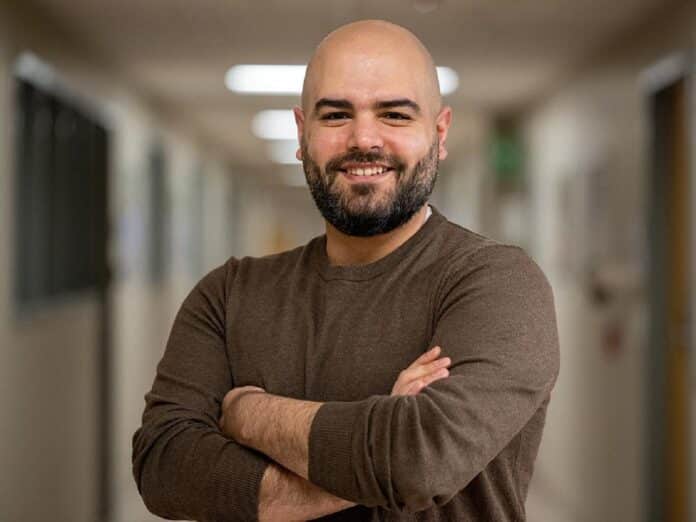The Air Force Office of Scientific Research (AFOSR) has awarded a three-year, $2.55 million contract to a Penn State research lab to create a framework for the design and production of soft, self-charging, bio-inspired power sources for use in space applications.
The project will be led by Joseph Najem, an assistant professor of mechanical engineering at Penn State, to develop an energy source capable of powering satellites, cameras, weather sensors, and other space devices. Najem and his team will work closely with Michael Mayer of the University of Fribourg to fabricate and manufacture the multifunctional polymer or hydrogel-based power sources.
Amir Barati Farimani of Carnegie Mellon University and Christoph Weder of the University of Fribourg will concentrate on simulation and material synthesis.
Najem said, “The current challenge in space is that lithium-ion batteries you’d find in a cell phone or an electric car, for example, are rigid and very high maintenance. They are expensive to install and require technology to keep them running. There is also a safety concern due to the potential of explosion when overcharged.”
A compliant, self-sustaining power source that is electrically efficient enough for low-Earth orbit missions and has chemical and physical qualities enhanced to resist harsh environments could be useful for space applications.
The electric fish, which have organs that produce electrical discharges for predation and defense, are the inspiration for this type of power source since coming profit from the charge-separation principle.
Electric fish recharge by eating and harvesting energy from their surroundings. According to Najem, in space, the power source might be recharged similarly to how fish use food by using an available resource such as the sun.
Recent research has demonstrated hydrogel-based power sources that, like an electric fish, move charged ions across selective membranes to generate high power voltages; however, these power sources cannot withstand the extreme temperatures in space and are not self-sustaining, which is critical for space applications.
Najem said, “We believe that a soft polymer or hydrogel-based material has the potential, conceptually at least, to operate autonomously. The resulting system will be multifunctional and stimuli-responsive, producing power on demand.”
Najem’s lab has received a $450,000 award from the AFOSR’s 2023 Young Investigator Program.
